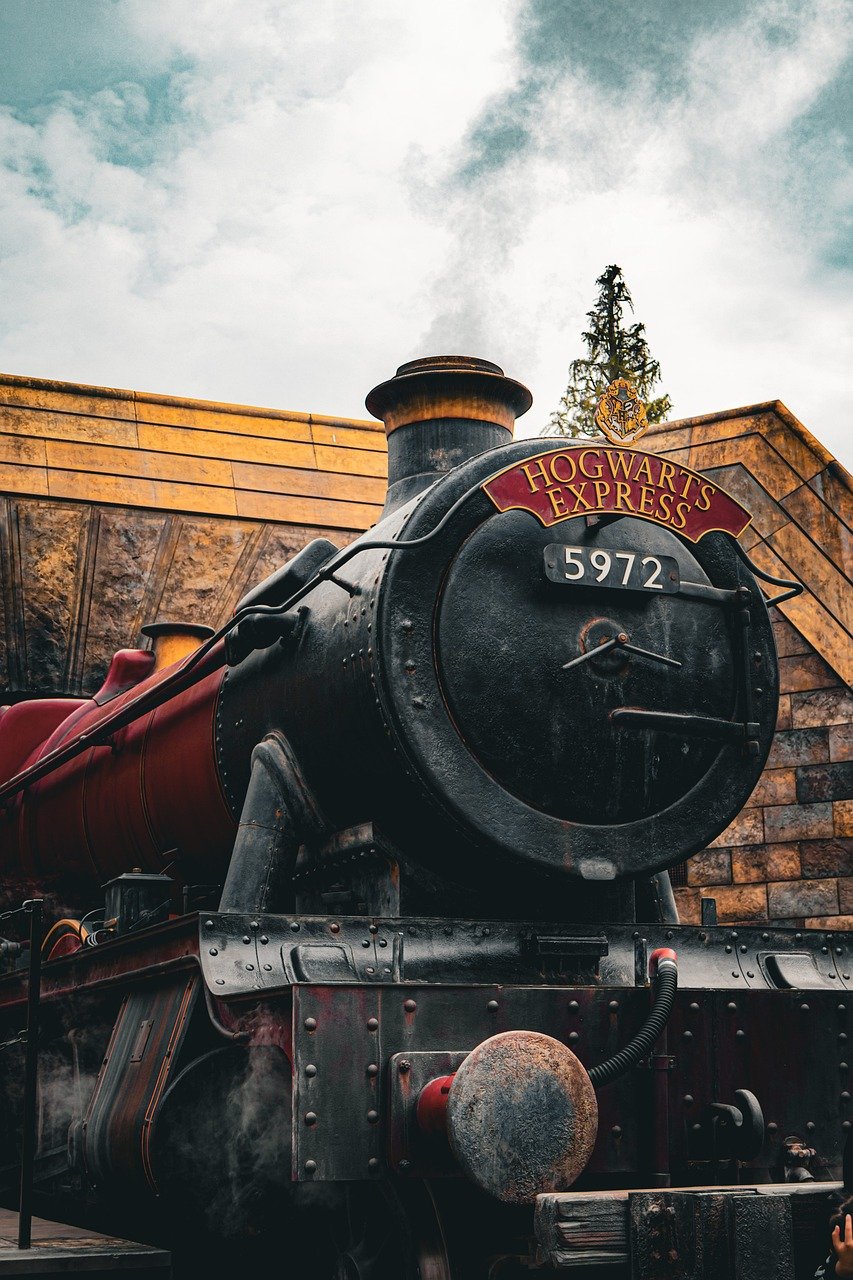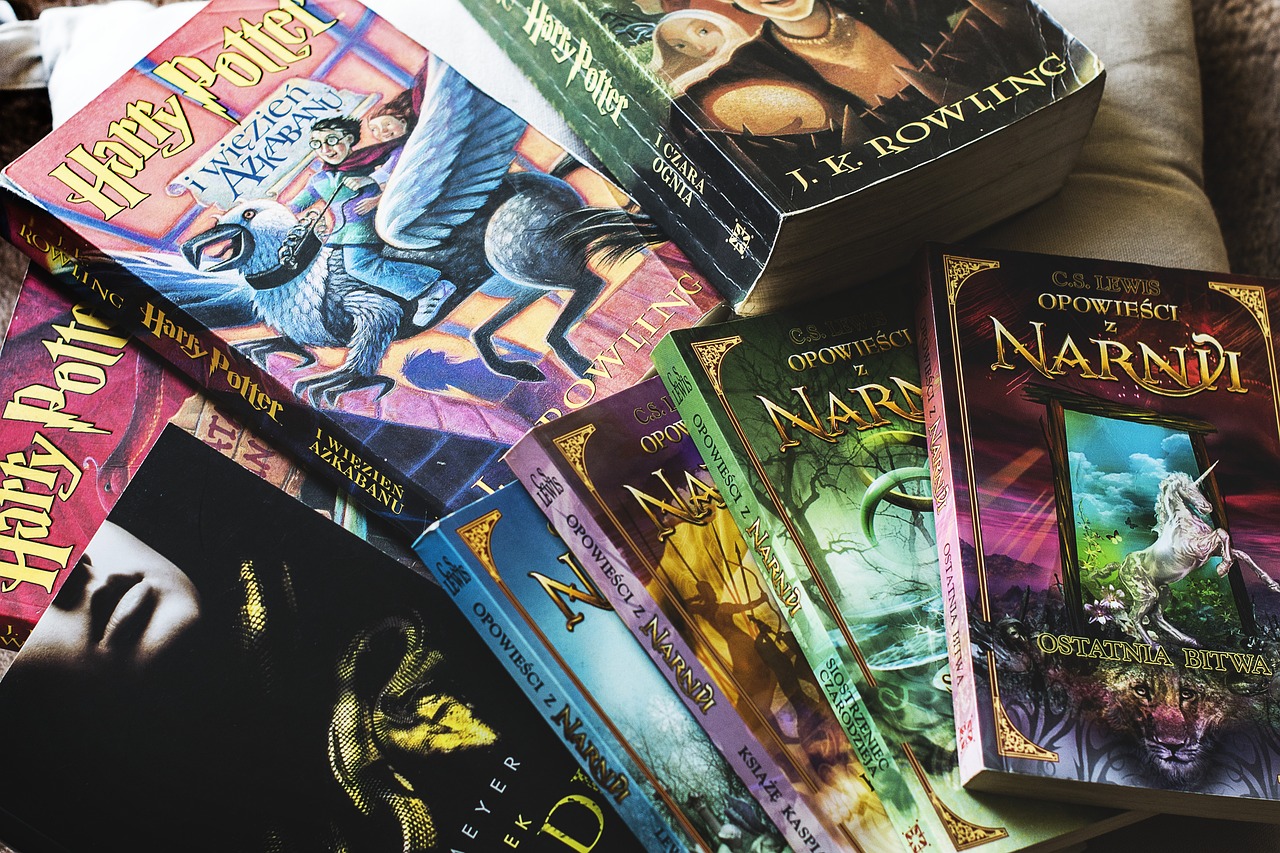
Are you a book lover? Do you enjoy immersing yourself in the worlds created by your favorite authors? If so, then you’re in for a treat! In this article, we will take you on a journey through the enchanting realm of British literature and introduce you to some iconic places from famous British novels that you can visit in real life. So pack your bags and let’s embark on a literary adventure!
One of the most beloved novels in British literature is Jane Austen’s Pride and Prejudice. If you’ve ever dreamt of stepping into the shoes of Elizabeth Bennet, then a visit to the stunning Chatsworth House in Derbyshire is a must. This grand estate served as the inspiration for Mr. Darcy’s fictional residence, Pemberley. Take a leisurely stroll through the magnificent gardens, explore the opulent rooms, and imagine yourself in the midst of Austen’s romantic tale.
Speaking of romantic tales, let’s not forget about Emily Brontë’s masterpiece, Wuthering Heights. Nestled amidst the rugged beauty of the Yorkshire Moors, you’ll find the hauntingly beautiful Top Withens. This farmhouse ruin is said to have inspired the setting for the Earnshaw family’s home in the novel. As you stand among the wild heather and feel the windswept landscape, you can’t help but be transported to the brooding world of Heathcliff and Catherine.
For those seeking a dose of mystery and adventure, a trip to Cornwall is a must. Immortalized in Daphne du Maurier’s Rebecca, Manderley is a fictional mansion that captures the imagination of readers to this day. While Manderley itself doesn’t exist, you can visit Menabilly, the real-life estate that provided inspiration for du Maurier’s iconic setting. Explore the enchanting Cornish coastline, and let the echoes of the novel whisper to you as you wander through the charming village of Polruan.
If you’re a fan of the magical world of Harry Potter, a visit to the Warner Bros. Studio Tour London – The Making of Harry Potter is an absolute must! Step into the Great Hall of Hogwarts School of Witchcraft and Wizardry, explore Diagon Alley, and marvel at the intricate details of the iconic sets. This immersive experience will transport you directly into J.K. Rowling’s enchanting universe, and you’ll find yourself reliving the adventures of Harry, Ron, and Hermione.
When it comes to British literature, it’s impossible to ignore the works of Sir Arthur Conan Doyle. If you’ve ever wanted to solve mysteries like Sherlock Holmes, then a visit to the Sherlock Holmes Museum in London is essential. Located at 221B Baker Street, the fictional detective’s famous address, the museum is filled with artifacts and memorabilia that will make you feel like you’re in the heart of a thrilling detective story. Don’t forget to snap a picture with the famous Sherlock Holmes statue outside!
Last but not least, no literary adventure would be complete without a trip to Oxford, the birthplace of countless literary masterpieces. Explore the beautiful Bodleian Library, which served as the inspiration for the magical library at Hogwarts. Take a punt down the serene River Cherwell, just like the characters in Lewis Carroll’s Alice’s Adventures in Wonderland. And don’t forget to visit The Eagle and Child pub, where J.R.R. Tolkien and C.S. Lewis often gathered to discuss their writing.
So there you have it – a whirlwind tour of some of the most enchanting places from famous British novels. Whether you’re a fan of classic romance, gothic tales, magical adventures, or captivating mysteries, the UK has something for every bookworm. So why not pack your favorite novels, lace up your walking shoes, and set off on a literary travel adventure that will bring your favorite stories to life? The pages of these novels are waiting to be turned into reality, so what are you waiting for? Happy travels!”

